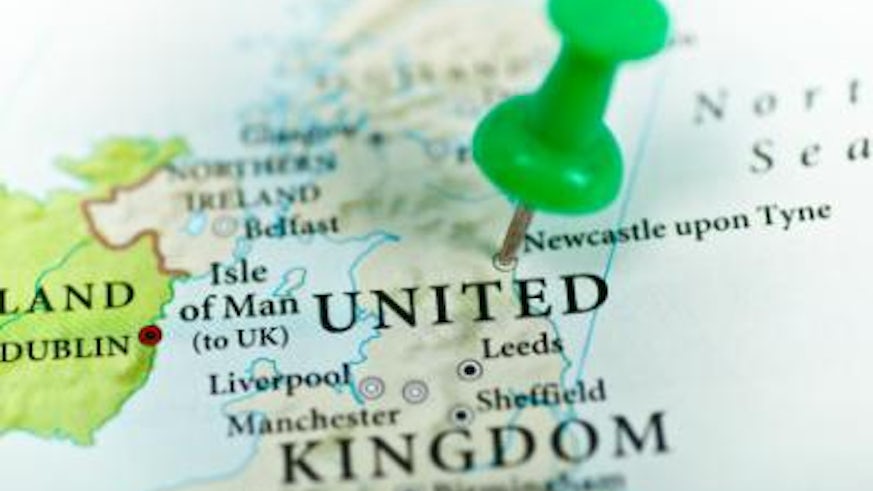Olympic Games scale investment
21 May 2014

Spending on buildings and facilities by Russell Group universities will generate billions for the economy and thousands of new jobs across the country in years to come.
Economic research, carried out by BiGGAR Economics, has looked at planned spending by the 24 Russell Group Universities over the next four years. It finds that Russell Group universities will spend more than £9 billion on capital projects between 2012/13 to 2016/17. This is similar to the amount spent on the Olympics or the Government's current railway investment programme.
The money comes from a range of sources including government grants for capital, income from research and teaching, private donations and borrowing.
Cardiff's plans are driven by a focus on innovation and supported by a multi-million pound investment plan that will include the redevelopment of the Maindy Road site to house a new state-of-the-art facility for the Cardiff University Brain Research Imaging Centre, space for start-up companies and an innovation hub to unite researchers and industry. Proposals for a social science research park are also in development along with plans for the Heath Park site.
Vice-Chancellor, Professor Colin Riordan said: "We want to be an exemplar for the knowledge economy in Wales, showing how universities can drive health, wellbeing and economic growth. Our plans to transform the University's innovation and enterprise culture will help unlock the impact of our research, develop new technologies and spin-out companies, and provide a stream of highly-skilled graduates and postgraduates to businesses in Wales and beyond."
Researchers looked at the long term gross value added this investment by Russell Group universities would produce and calculated that:
- Capital investment by Russell Group universities is expected to generate gross value added (GVA) with a current value of £44.3 billion for the UK economy over the next 25 years.
- This work will support more than 98,500 new UK jobs - including around 37,800 temporary jobs during the five-year construction period, 45,000 permanent operational jobs and almost 15,700 permanent jobs supported by the wider impact of the work undertaken in the new facilities.
- This investment should generate £4.89 for the UK economy for every £1 invested.
The investment ranges from new student accommodation, medical research facilities and science labs to new office space and facilities to help start-up businesses and universities work better together.
Dr Wendy Piatt, Director General of the Russell Group, said:
"Russell Group universities are engines of growth for the British economy. Not only do they lead the way in teaching and research – but they're also a driving force behind the creation of new jobs, new opportunities for start-up companies and urban renewal in our cities.
"The Government have recognised much of this contribution but we would urge them to step up big capital investment in our universities. We will keep investing on behalf of our students and academics but the rest of the world are snapping at our heels and spending money to match their ambition. We must do the same."
The report calculates the long term benefits of Russell Group university investment by looking at information gathered from the 24 universities about 69 projects where they are investing money in the next four years. Researchers have calculated the quantifiable impact of these projects by looking at three areas:
- Short-term investment impacts – such as jobs created in the construction industry
- Long-term operational impacts – like increased expenditure from the additional university staff and students based in the new facilities
- Long-term catalytic impacts – such as medical breakthroughs, more productive students, and better research competitiveness.
The researchers also looked at the impact of this investment in different regions of the country – calculating the number of jobs generated and the total return on the investment in each region. Their research shows that the biggest impact could be in the North of England – but all regions will see large benefits.
| Country/Region | Permanent jobs (2012-13 - 2036-37) |
|---|---|
| Devolved Nations | 18,541 |
| North of England | 30,067 |
| Midlands | 8,173 |
| South of England | 14,131 |
| London | 27,609 |
| TOTAL | 98,521 |